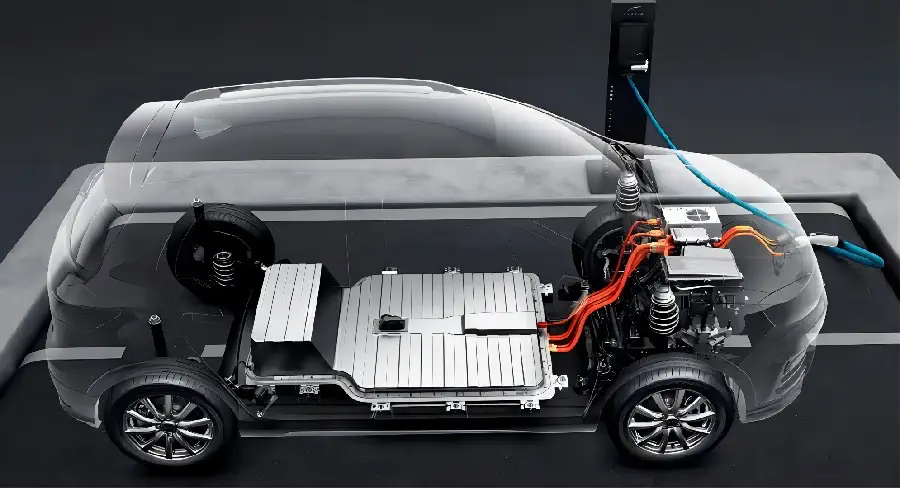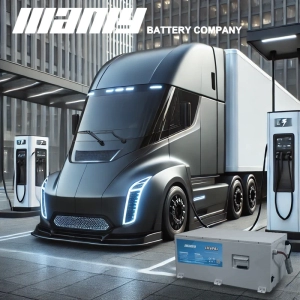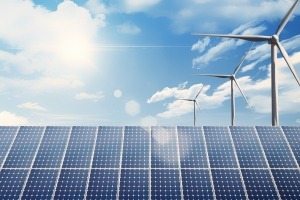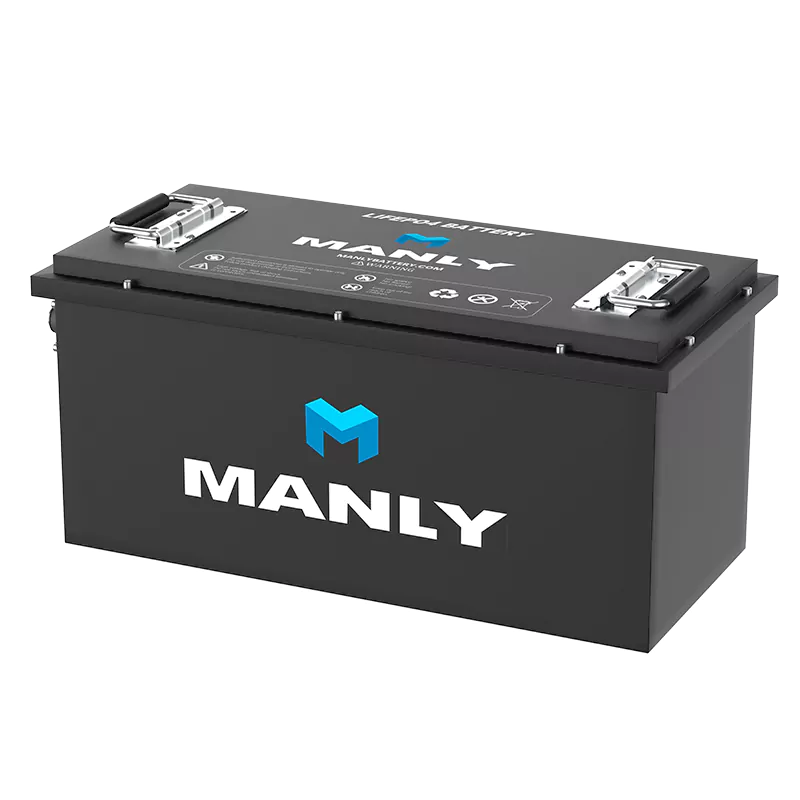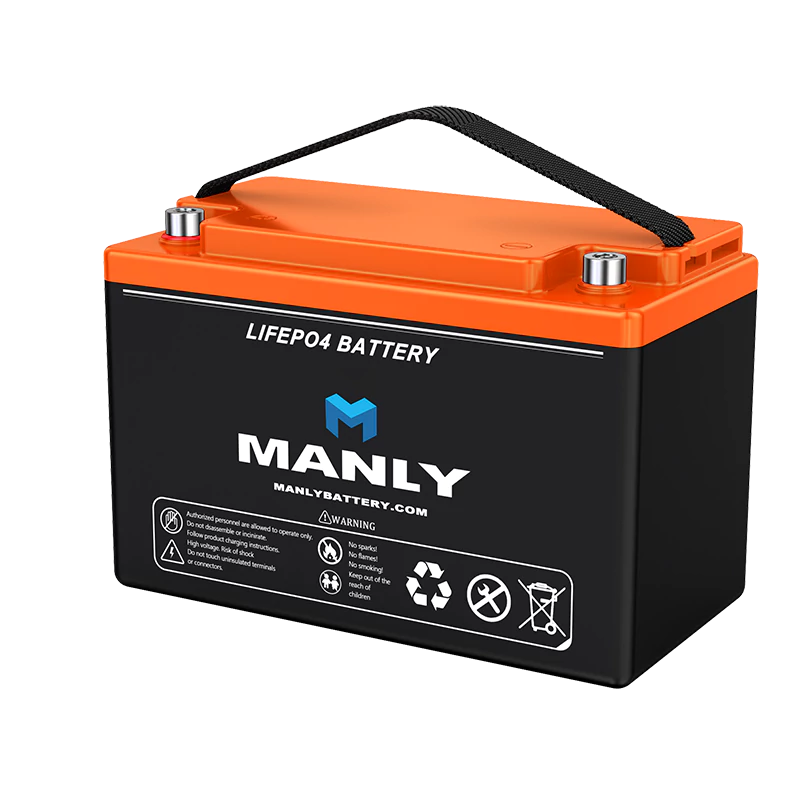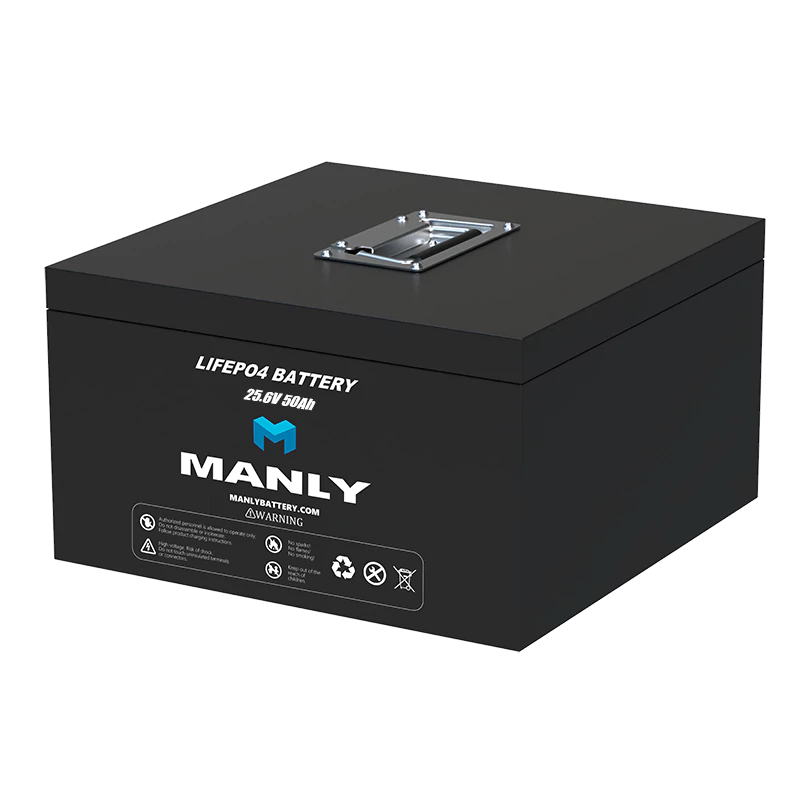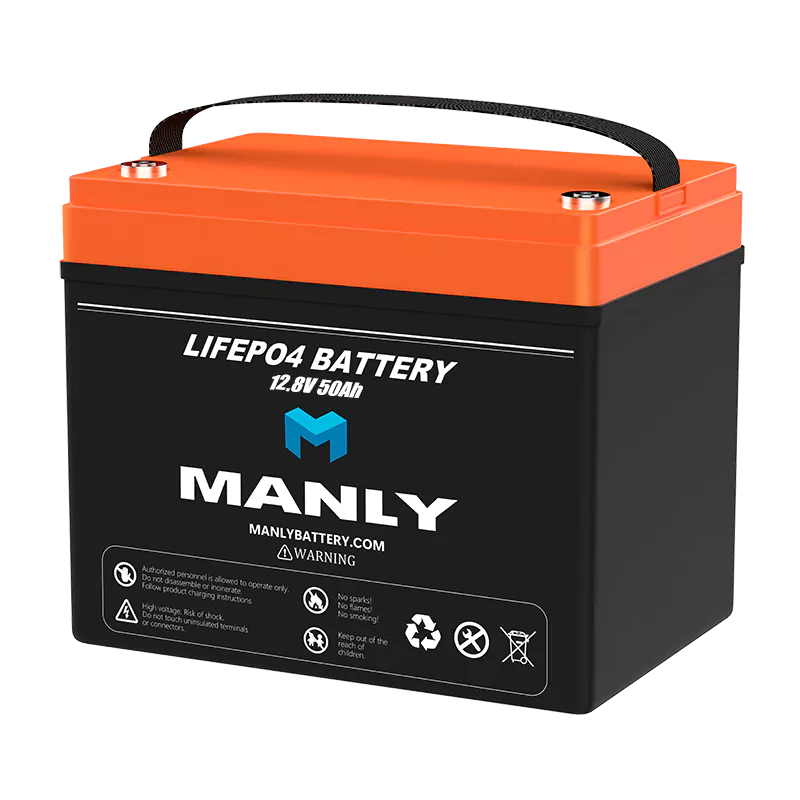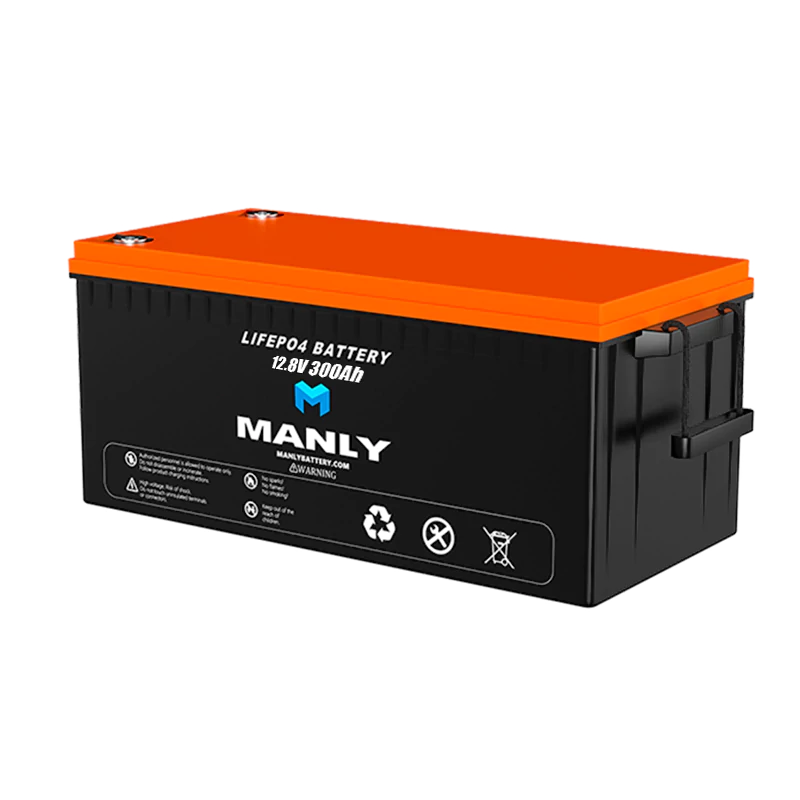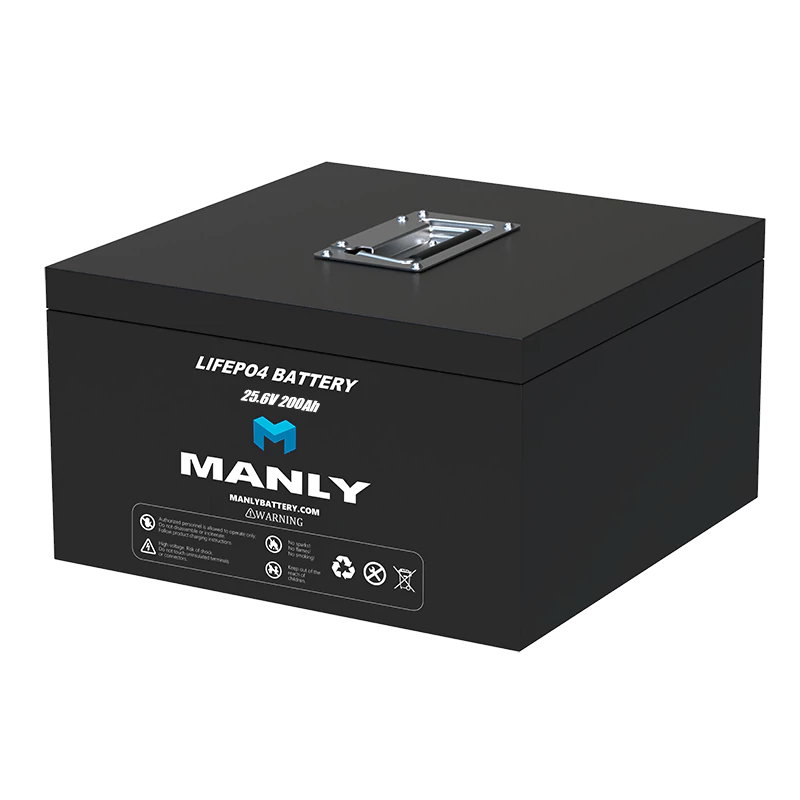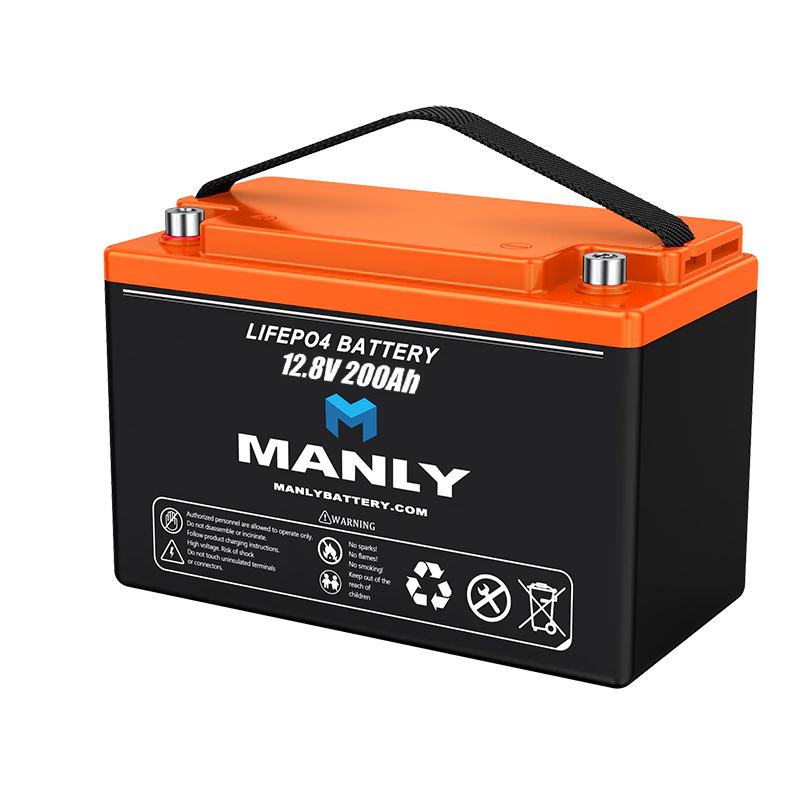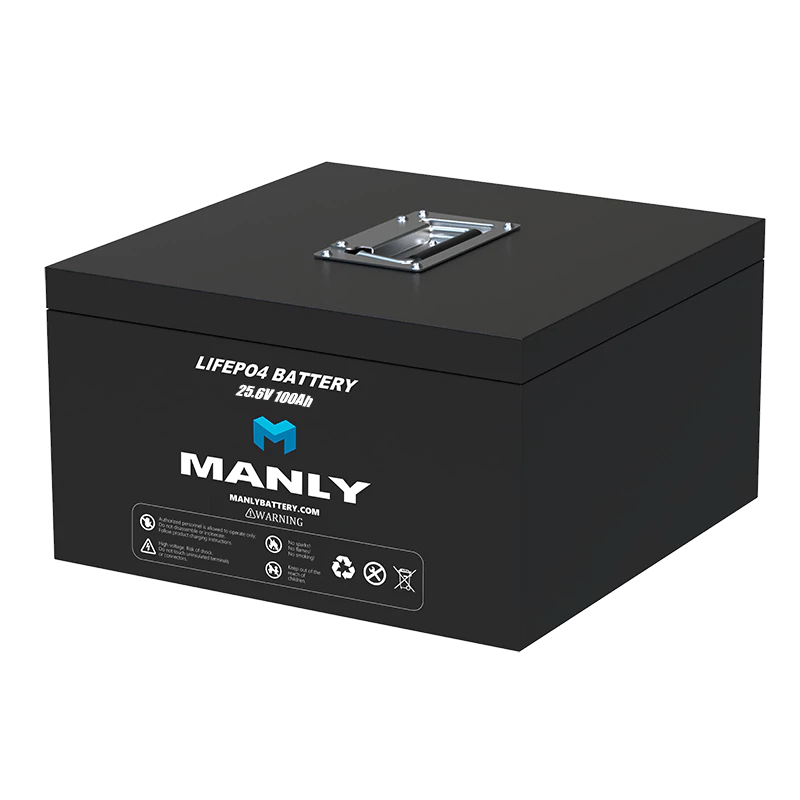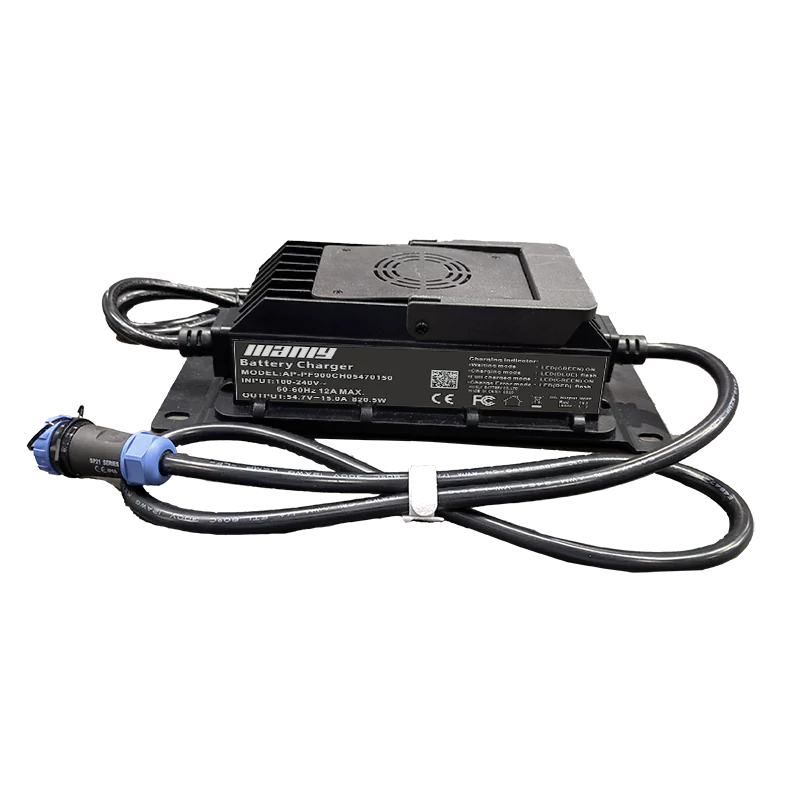China's Electric Cars Boost Hungary's Economy
Inhaltsverzeichnis
- China's Electric Cars Boost Hungary's Economy
Hungary's Strategic Advantage in Energy Prices
Hungary has a unique advantage over Western European countries like Germany and France due to its lower energy prices. In December 2022, the Hungarian government established its own energy department to address the European energy crisis caused by the Russia-Ukraine conflict. Hungary's average electricity price is the lowest in the EU, peaking at €0.10 per kilowatt-hour last year, compared to the EU average of €0.28 and Germany's €0.34 per kilowatt-hour.These low energy prices are largely due to Hungary's strong trade relationship with Russia. Hungary has been one of Russia's most important energy trade partners in Europe, importing natural gas and oil. Additionally, Hungary is building a new nuclear power plant with the help of Russia's state-owned nuclear company, Rosatom. EU sanctions against Russia have not included restrictions on nuclear energy, mainly due to Hungary's opposition.Hungary is also planning to collaborate with China on nuclear energy. Hungarian Foreign Minister Péter Szijjártó stated this week, "We have agreed on a draft cooperation agreement with China covering all areas of the nuclear industry to ensure both countries can access the cheapest, safest, and most efficient power generation." This cooperation aims to keep Hungary's electricity prices low.By maintaining these relationships and agreements, Hungary ensures affordable energy for its citizens and industries, giving it a significant economic advantage in Europe.